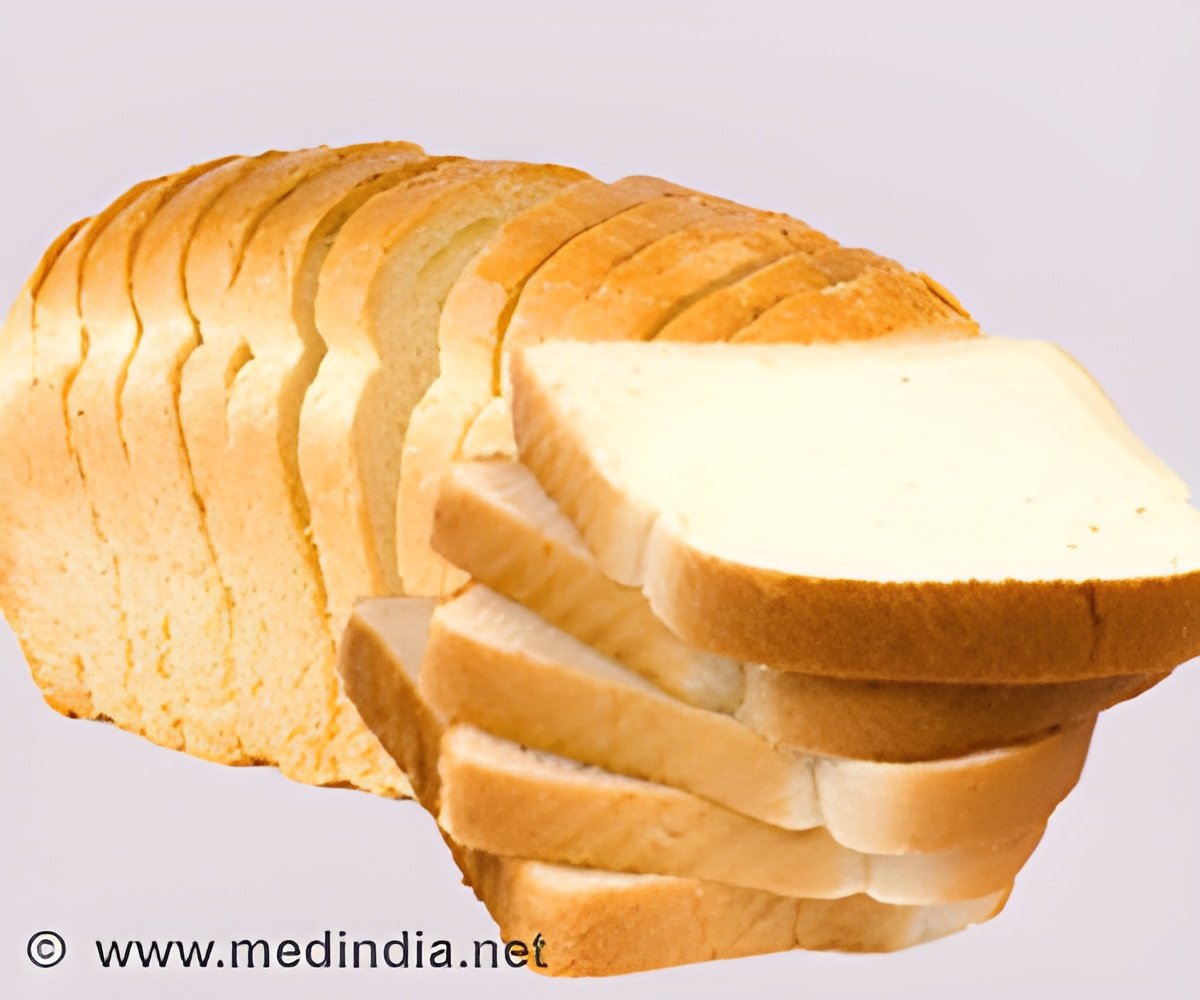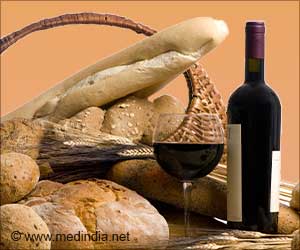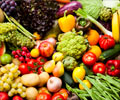Transform white bread into a diabetic-friendly option with Dr. Karan Raj's simple hack, offering hope and inclusivity in dietary choices.

Glycaemic responses to different types of bread in insulin-dependent diabetic subjects (IDDM): studies at constant insulinaemia
Go to source). White Bread has long been under scrutiny for its negligible nutritional value and adverse effects on blood sugar levels. Refined flour, the cornerstone of white bread, swiftly metabolizes into glucose, causing rapid spikes in blood sugar. This characteristic renders white bread a less-than-ideal choice, particularly for individuals managing diabetes. The additives and preservatives commonly found in commercial white bread only compound its detrimental impact on health (2✔ ✔Trusted Source
The impact of freezing and toasting on the glycaemic response of white bread
Go to source).
TOP INSIGHT
Did You Know?
Freezing and toasting white bread reduces its glycemic index, aiding diabetes management. #bread #diabetes #medindia
The Ingenious Solution: How to Make White Bread Diabetic-friendly?
Dr. Karan Raj's method proposes a simple yet ingenious solution to mitigate the adverse effects of white bread on blood sugar levels. The process unfolds in several straightforward steps:Step 1: Begin with a slice of white bread
Step 2: Freeze the bread.
Step 3: Defrost it.
Step 4: Toast the bread before consumption.
Dr. Raj elucidates on the mechanism, stating, "Toasting white bread lowers its Glycemic Index, causing a more gradual rise in blood sugar levels." This phenomenon is attributed to the formation of retrograded starch during the freezing and toasting process, which behaves akin to dietary fiber, promoting digestive health.
Scientific Validation of this Method
Delving into the scientific underpinnings of this method reveals promising insights. Studies, including one published in the National Library of Medicine, corroborate the efficacy of freezing, defrosting, and toasting bread in reducing postprandial blood glucose levels. This reduction not only holds implications for diabetes management but also suggests potential benefits for weight management.While Dr. Karan Raj's innovative approach offers a beacon of hope for individuals seeking to reconcile their dietary preferences with diabetes management, caution and individualized guidance remain paramount. Consulting with healthcare professionals before implementing dietary changes is imperative, particularly for those navigating chronic conditions.
To summarize, innovations in dietary strategies, such as Dr. Raj's transformative hack, represent a paradigm shift in the approach to managing diabetes through nutrition. By harnessing the power of simple culinary techniques, individuals can potentially broaden their dietary options while safeguarding their health. As the culinary landscape continues to evolve, such innovations pave the way for a more inclusive and health-conscious approach to food consumption, empowering individuals to thrive despite the challenges posed by chronic conditions like diabetes.
References:
- Glycaemic responses to different types of bread in insulin-dependent diabetic subjects (IDDM): studies at constant insulinaemia - (https://pubmed.ncbi.nlm.nih.gov/2050093/)
- The impact of freezing and toasting on the glycaemic response of white bread - (https://pubmed.ncbi.nlm.nih.gov/17426743/)
 MEDINDIA
MEDINDIA



 Email
Email





